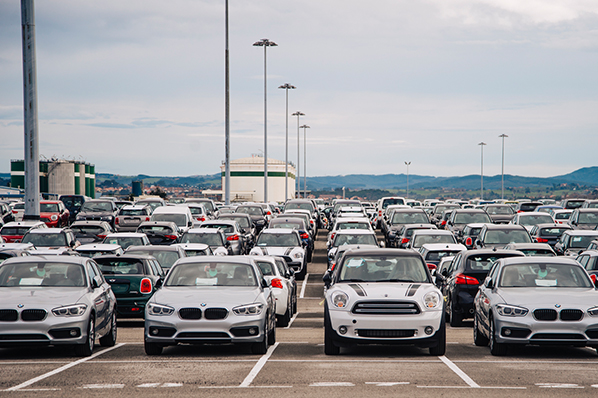
When you’re at the gas station and you see the “regular” and “premium” fuel, what makes you choose one over the other? What makes premium fuel more appealing than regular fuel? Does it really contain benefits or is it all a hoax to make you pay more? Lucky for you the AAA released a study and discovered that American drivers wasted more than $2.1 billion dollars on premiums gas for cars which are compatible with regular fuel. After all premium fuel is often only “recommended” and not mandated for certain car models.
But aren’t there benefits to premium fuel, even if your car is compatible with regular fuel? Not, Really.
The AAA and the Automobile Club of Southern California’s Automotive Research Center got together and tested out cars which are recommended to run on premium fuel against cars who only used regular fuel. The study determined that there is little to no difference in the performance and duration of the drive. At most, there was a 7% increase, as opposed to the 20-25% increase in fuel cost.
What You Need to Reconsider Before Buying Premium Gas
The study demonstrated that people who use premium fuel think they’re helping their cars perform better when in reality they’re wasting money and reeking no benefits. If you drive a car that is only recommended but not required to use premium gasoline, then determine if premium fuel is the right choice. The question to ask yourself, “Is the 7% performance increase worth the 20-25% increase in price?” If the answer is yes, then continue buying premium gas because it’s serving you a purpose. However, if the answer is no, then stop using premium gas and start saving yourself tons of money.
Can You Use Regular Gas on Car That Requires Premium?
No, this is never a good idea. If you use regular gas on cars which are meant to run on premium, it can result in a damaged engine. You can tell immediately if your car is incompatible with regular fuel due to evident indicators such as your car making noises. You should always follow the vehicle’s owner manual on what fuel is compatible with your vehicle.

